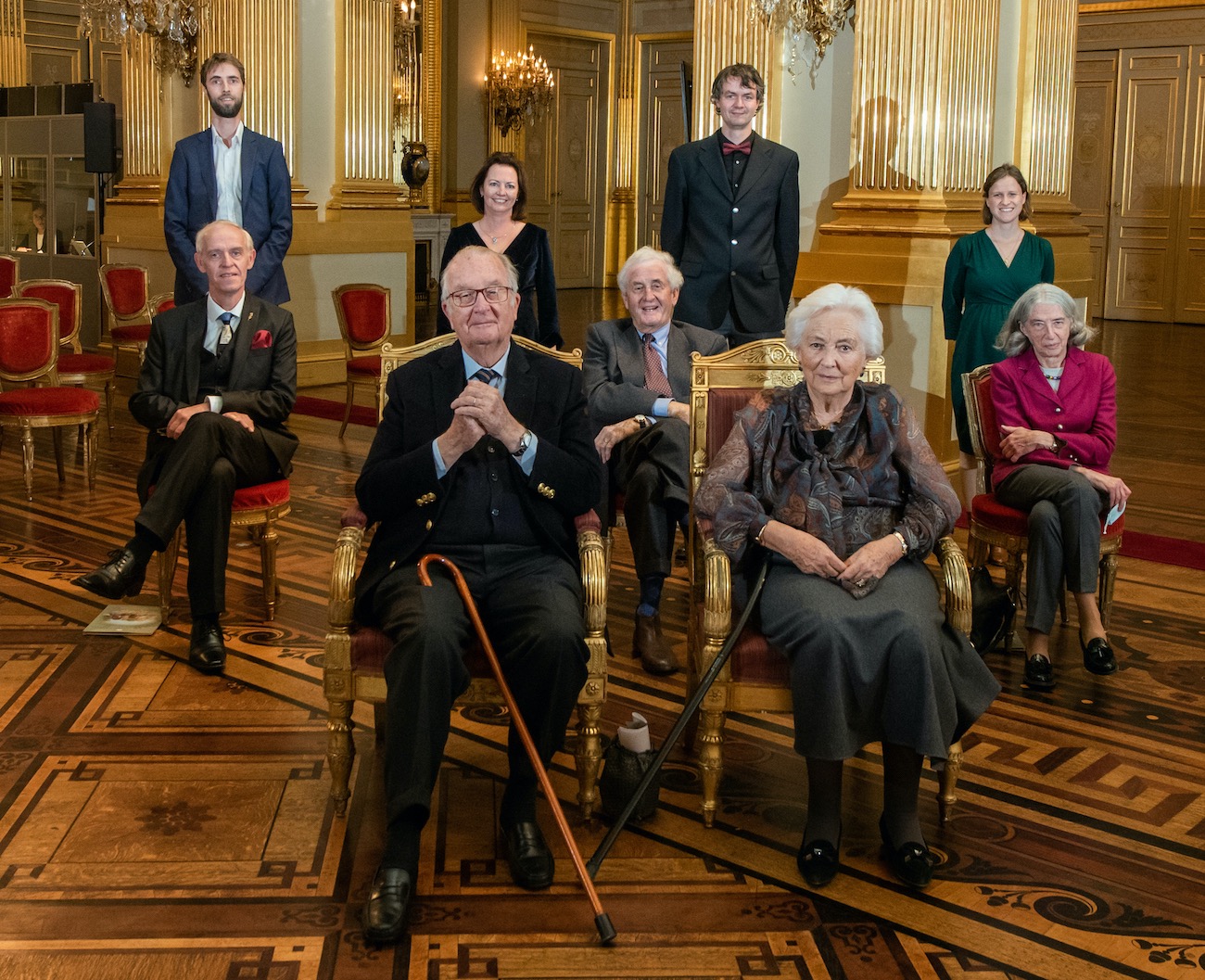Queen Paola Award for Education won by the KIKS Project
KIKS, a STEM project on climate change, biology and artificial intelligence (AI), won the Queen Paola Award for Education. KIKS was developed in a unique collaboration between the Sint-Bavohumaniora, UGent, the Botanic Garden Meise, and Dwengo vzw. KIKS is part of an umbrella project ‘AI At School’ in which the basic concepts of artificial intelligence are applied from a social context.
Climate change is one of the greatest challenges of the coming decades, and pupils are very fascinated by it. By analysing large amounts of data ('big data') from scientific research by biologists and climate scientists using techniques from artificial intelligence, new insights and solutions to climate problems can be found. KIKS uses this challenge to motivate students for STEM.
AI is becoming more and more present in our digitised world. It is difficult to predict the possibilities of technology in the future. That is why young people need to be prepared to use all these new technologies responsibly now and in the future and to contribute to their development. Therefore, they need a proper understanding of the underlying concepts.
A unique feature of KIKS is that the teaching material originated from an intensive collaboration between researchers. The teaching material is based on current scientific research and is in line with the subject matter of biology, geography, chemistry, mathematics, and statistics. In addition, the pupils work on learning objectives in computer science and are confronted with the ethical aspects of AI.

The innovative teaching material is offered online and free of charge in the form of interactive notebooks that can be used without additional installation of software in the schools. Consequently, only a computer and an internet browser are required. Moreover, the pupils can also work with the notebooks at home. For the teachers, there is an extensive manual in which the different aspects of the project are explained. Both the notebooks and the manual, as well as the list of attainment targets and curriculum objectives, are available free of charge to the teachers on our website.
In the umbrella project ‘AI at School’, a team from the Sint-Bavohumaniora, UGent and Dwengo vzw is developing a pupil line on AI for the first to the sixth year of secondary education, each within a socially relevant context. For example, work is being done on social robots and new technologies in the care sector. The KIKS project was developed by the Sint-Bavohumaniora Gent, the Ghent University, the Botanical Garden Meise and Dwengo vzw, with the support of RVO-Society, the province of East Flanders, the province of Flemish Brabant, Veranderwijs, the Koninklijk Atheneum Etterbeek and Smart Education @ Schools of the Flemish Government and imec.
Smart Education @ Schools - KIKS from imec on Vimeo.